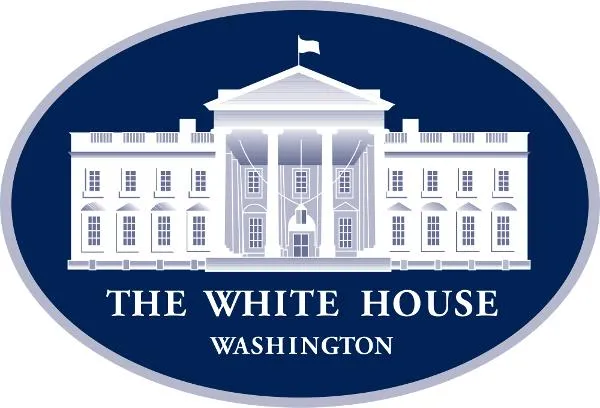White House initiative will bring broadband to low-income Americans

The White House announcedConnectHome, a new initiative to extend high-speed broadband to low-income households, to close the homework gap, and to “provide more Americans digital opportunity.” A partnership between federal programs, Internet service providers (ISPs), and local governments, the program will deliver broadband access to an estimated 275,000 low-income households across 27 cities and one tribal nation.
In its announcement, the White House explained that ConnectHome is the next part in the Obama Administration’s efforts to deliver broadband access to all Americans. The new initiative will bring broadband, technical assistance, and digital literacy training to students living in public and assisted housing across America. The announcement included a detailed brief from the Council of Economic Advisors, demonstrating the need for assistance:
While nearly two-thirds of households in the lowest-income quintile own a computer, less than half have a home internet subscription. While many middle-class U.S. students go home to Internet access, allowing them to do research, write papers, and communicate digitally with their teachers and other students, too many lower-income children go unplugged every afternoon when school ends. This “homework gap” runs the risk of widening the achievement gap, denying hardworking students the benefit of a technology-enriched education.
To help deliver a modern education and plug the homework gap, the Administration is partnering with eight ISPs to provide services at lower rates. In Seattle, for example, CenturyLink will provide Internet service via its Internet Basics program to families living in housing assisted by the Department of Housing and Urban Development at a rate of “$9.95 per month for the first year and $14.95 per month for the next four years.”
Because cost is a major barrier to broadband access for low-income Americans, partnerships that provide lower-priced options are vital for increasing access. As the announcement notes, the ConnectHome initiative builds on previous commitments by AT&T to provide low-income students with free mobile broadband services.
The Leadership Conference on Civil and Human Rights applauded the ConnectHome initiative, and called on the FCC to move forward to modernize its low-income Lifeline subsidy program to include broadband as another critical component to make Internet access more affordable for low-income households.
The ConnectHome program will launch in the following 27 cities and one tribal nation:
Albany, GA; Atlanta, GA; Baltimore, MD; Baton Rouge, LA; Boston, MA; Camden, NJ; Choctaw Nation, OK; Cleveland, OH; Denver, CO; Durham, NC; Fresno, CA; Kansas City, MO; Little Rock, AR; Los Angeles, CA; Macon, GA; Memphis, TN; Meriden, CT; Nashville, TN; New Orleans, LA; New York, NY; Newark, NJ; Philadelphia, PA; Rockford, IL; San Antonio, TX; Seattle, WA; Springfield, MA; Tampa, FL; and Washington, DC.
Fact Sheet: ConnectHome: Coming Together to Ensure Digital Opportunity for All Americans (White House, July 15, 2015)
Mapping the Digital Divide (Council of Economic Advisors, July 15, 2015)
Civil and Human Rights Coalition Applauds ConnectHome Broadband Initiative (The Leadership Council, July 15, 2015)
CWA members oppose AT&T’s attempts to stop serving rural and low-income communities in California
CWA urges FCC to deny industry attempts to loosen pole attachment standards
CWA District 6 reaches agreement with AT&T Mobility



